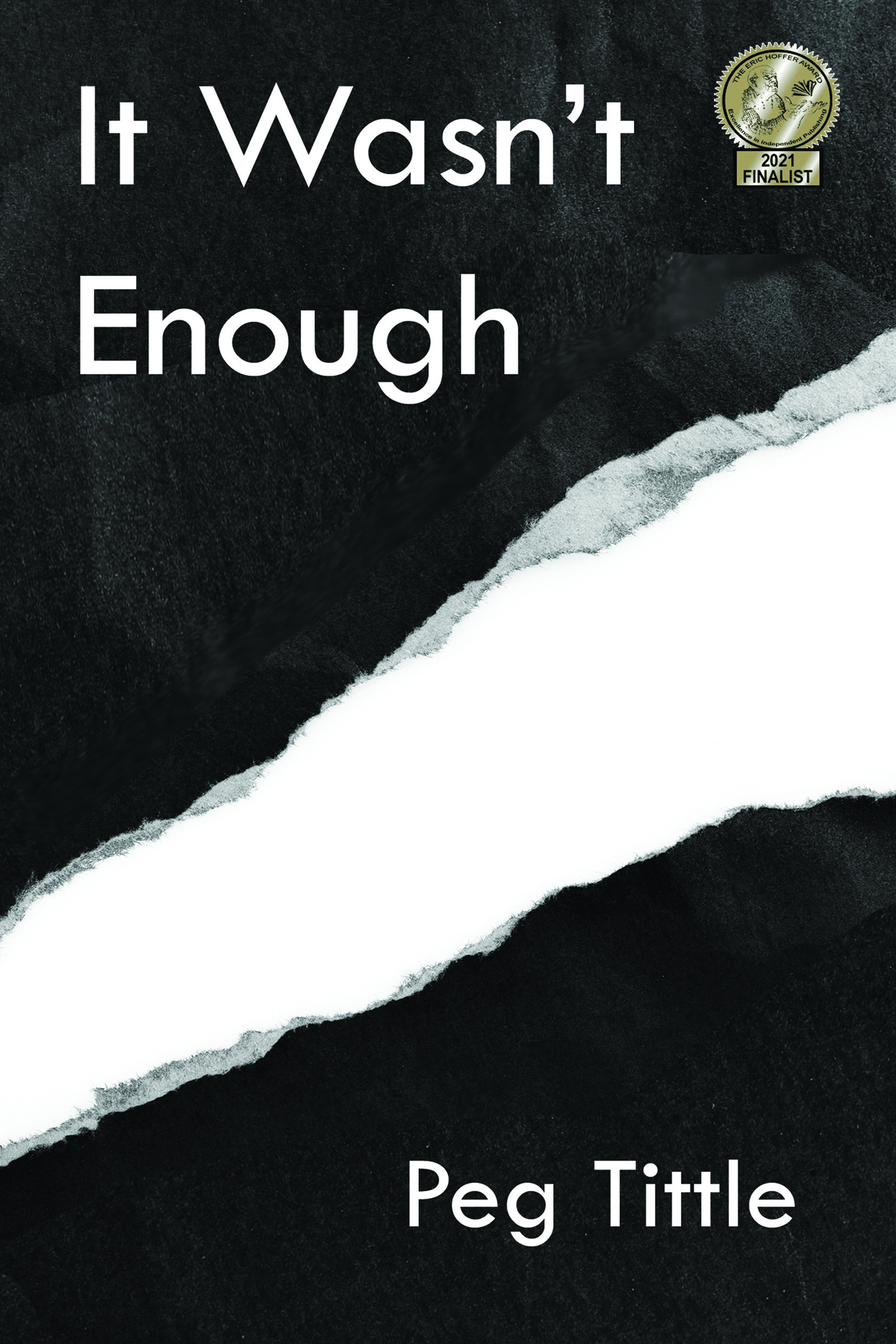I’ve somewhat unthinkingly agreed with indigenous claims that they got ripped off with regard to their land, didn’t get paid a fair price. But suddenly it occurred to me: what gave them the right to ask a price in the first place? That is, on what basis was the land theirs to sell? On what basis did they own it?
Typically, we own, and therefore can sell, what we make—what we add our labor to (leaving aside, for the moment, the question of how we came to own the raw materials we added our labor to—because it’s really the same as the main question here). But no one made land.
So, occupancy? But a person can technically occupy no more than, say, two cubic meters at a time. So how are we defining ‘occupancy’? By a broader definition of spatial occupancy? Or by some temporal occupancy? Surely anything we come up with in this regard will be relatively arbitrary.
So, improvement? When one improves the land, one gains ownership over it? ‘Course, then one has to define ‘improvement’. My neighbour thinks cutting down trees and putting buildings on the land is an improvement. ‘Improvement for who’ is but one question that needs an answer here. ‘Improvement to do what’ is another.
Maybe the matter is better solved not by focusing on how one comes to own land, but by focusing on how one comes to own land. That is, if we look not at individuals, but, instead, at groups, maybe we can define ‘occupy’ more effectively. ‘Course, then we have to define the sort of groups we consider legitimate for this purpose. And, I’ll anticipate here, why should genetic heritage count more than any other criterion of group membership?



















